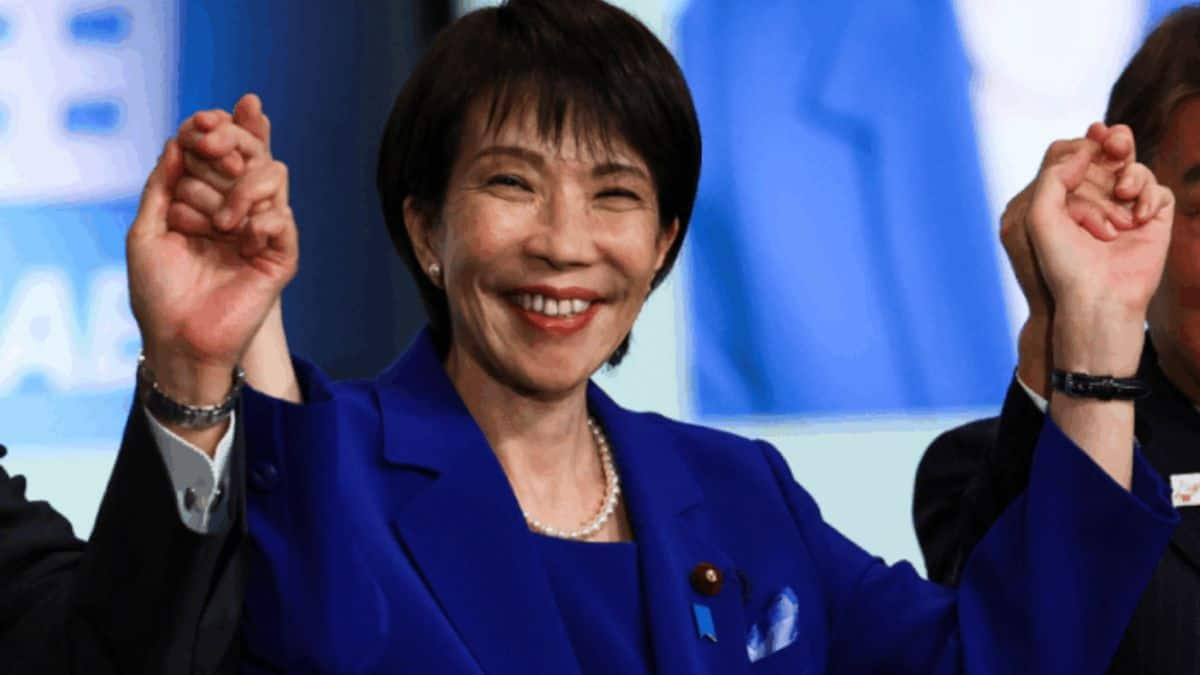Tensions escalate in the Ivory Coast ahead of Saturday’s election in which 83-year-old President Alassane Ouattara pushes for a fourth term igniting anger among the youths struggling with unemployment and inequality.
In the capital city, Abidjan, a 33-year-old slam poet Placide Konan, turned his poem into protest by stating “People can no longer make ends meet. You have to be very lucky, or a bit of a magician, to be able to live comfortably.” Konkon described the cocoa hub as a place with a higher poverty rate of 37.5 per cent. More than three-quarters of Ivorians are under 35 and many said that the political turmoil is dismantling the prosperity it promised.
Ouattara has been in power since 2011 who faced a weak opposition with key challengers including, former Credit Suisse chief executive Tidjane Thiam who was disqualified on the legal grounds. The court rejected the nationality of Thiam and labelled it as ‘foul play.’
The key contenders of Ouattara remain four candidates including former commerce minister Jean-Louis Billon and former first lady Simone Gbagbo. According to analysts, Ouattara’s victory remains certain.
Amid fear of violence about 8.7 million voters are registered to caste their votes. The government has restricted public gathering and deployed more than 40,000 security personnel to reduce the risk of violence amid widespread protests in which three have been killed and some sentenced to prison.
The citizens criticise the government for exploiting the legal provisions and blame them for unfairness. Ouattara tried to defend his actions stating ‘security and safety.’ After coming to power after a political turmoil in 2010 and 2011, Ouattara refused to concede defeat.
Impact Shorts
More ShortsAs reported by new agency AP, Ouattara spoke to young people in a rally last week: “I have always been committed to offering the best to our youth so that you can start businesses, work, learn and be independent.”
He is about to start his fourth term after winning the third term in 2020 after the 2016 constitutional change. Séverin Yao Kouamé, a research professor at the country’s University of Bouaké said, “Ouattara has almost exclusive control over the state apparatus. He has been able to build power relationships with all those who opposed him, from which he emerged victorious.”
With the expansion of commuter lines and roads being paved in Abidjan the centric economy is increasing, but the problem which remains at its peak is the employment for young people. Ivory Coast is under pressure to stop a push by armed groups into coastal West Africa.
As suggested by analysts, the military of Ivory Coast is one of the most sophisticated ones and has to tighten the measures as they have to deal more.
“If you left Côte d’Ivoire to live abroad for a few years and came back today, you would not recognize your neighborhood,” said Assita Karamoko, a hairdresser in Abidjan who supports Ouattara, referring to the country by its French name.


)

)
)
)
)
)
)
)
)



